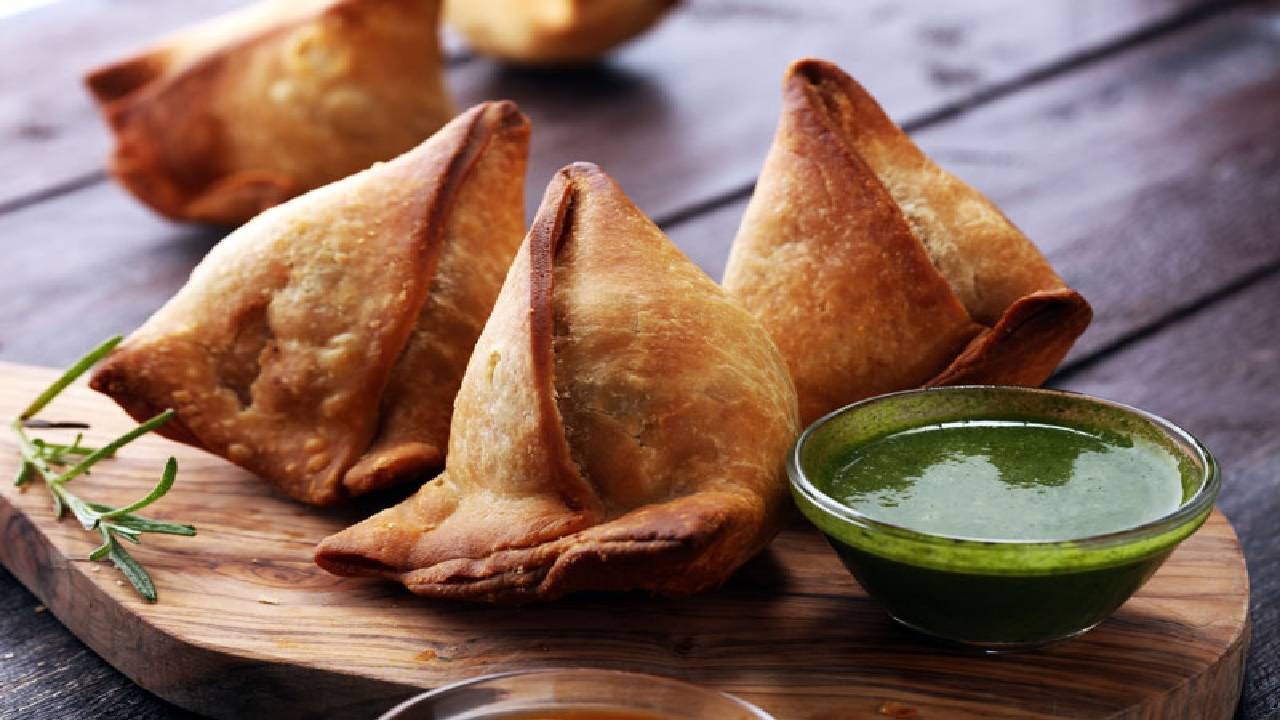
Food is not just a source of sustenance; it also serves as a reflection of a country's history, heritage, culture, and people. While certain food items are exclusive to particular regions, it is intriguing to discover that some foods face surprising bans in certain countries. As culinary preferences vary due to climatic, demographic, socioeconomic, or environmental factors, we encounter a diverse array of dishes worldwide.
India, known for its rich gastronomic traditions, has its share of such foods. Remarkably, some commonly consumed Indian delicacies, including ketchup, ghee, and samosa, are prohibited in several countries. Let's delve into this intriguing phenomenon and explore seven banned foods abroad that continue to be relished in India.
- Samosa: A beloved snack in India, samosas face a ban in Somalia, specifically in the South African region since 2011. The triangular shape of this appetizing treat is perceived as a symbol of Christianity by the 'Al-Shabaab group,' leading to severe penalties for its consumption.
2. Chawanprash: Considered a health-boosting concoction in India, Chawanprash was banned in Canada in 2005. The prohibition was imposed due to elevated levels of lead and mercury found in the product, raising concerns about its safety.
3. Ghee: Revered as a superfood in India, ghee is abundant in essential nutrients. However, it is banned in the United States of America, as the Food and Drug Administration associates its consumption with potential health risks, including high blood pressure, heart attacks, and obesity.
4. Ketchup: Often regarded as a flavorful condiment, ketchup is a popular accompaniment to various savory dishes in India. However, in France, the excessive consumption of ketchup by teenagers prompted the government to enforce a ban on the condiment.
5. Chewing Gum: Singapore, renowned for its cleanliness and strict regulations, implemented a ban on all forms of chewing gums in 1992. However, in response to international pressure, the country later permitted the consumption of therapeutic dental chewing gums in 2004.
6. Kebab: An epitome of culinary delight, kebabs hold immense popularity in India, be it vegetarian or non-vegetarian variants. Surprisingly, kebab shops faced a ban in Venice in 2017, aiming to preserve the city's decorum and traditions.
7. Poppy Seeds: Widely regarded as an exotic spice in India, poppy seeds enrich Bengali cuisine with their unique flavor and texture. However, they are banned in countries like Singapore, Taiwan, Saudi Arabia, and the UAE due to their morphine content. Notably, poppy cultivation is reportedly illegal in Russia, but its sale is permitted.
The diverse range of banned foods abroad that are still relished in India showcases the intriguing interplay between cultural and regulatory differences in the culinary realm. As we continue to explore the culinary landscape, we encounter an array of flavors, traditions, and unexpected bans that shape our global gastronomic journey.










